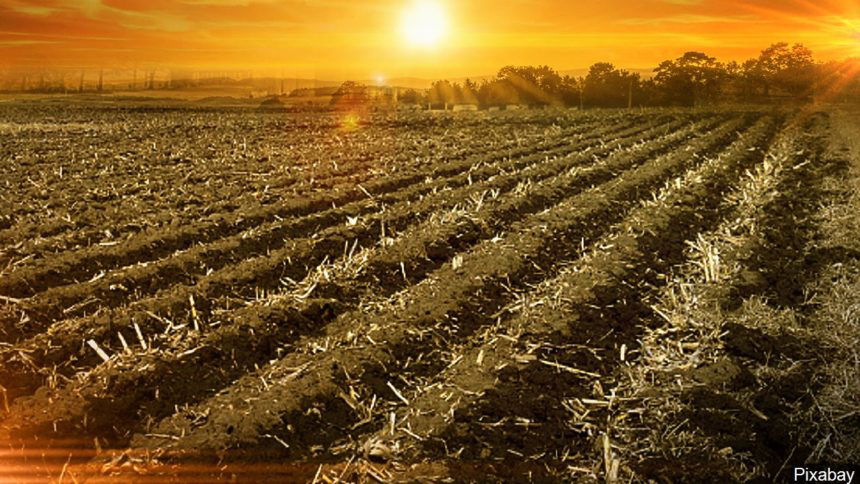Study: COVID-19 infection rate nearly three times higher among farm workers in Monterey County

MONTEREY COUNTY, Calif. (KION) A new study released by UC Berkely shows that COVID-19 infection rates may be nearly three times as high as the rest of the state.
According to Monterey County health data, about 19% of confirmed COVID-19 cases are among people who identify themselves as agricultural workers. It is the highest percentage of known industries where they are employed.
The study released shows the preliminary findings of a long term study on the prevalence, risk factors and COVID-19 infections among people who work in agriculture in California. and it was conducted by researchers in the Salinas Valley between mid-July and November of this year.
Of the 1,091 farm workers enrolled in the study, about 13% of them tested positive for SARS-CoV-2, the virus that causes COVID-19. Statewide, only 5% of the population has tested positive since the beginning of the pandemic. In addition to that, about 20 percent of the farm workers tested positive for COVID-19 antibodies, meaning that they may have already been infected, by the end of October. In the Bay Area, researchers estimated that about 1% of the population tests positive for the antibodies during the spring and summer.
“These findings validate concerns from researchers, public health professionals and community advocates that farmworkers would suffer from the COVID-19 pandemic in California,” said Joseph Lewnard, assistant professor of epidemiology at UC Berkeley and a member of the study team. “We have failed to protect this population, while they have continued to engage in essential work through the pandemic.”
Researchers said about 28% of symptomatic people and 8% of asymptomatic people tested positive, but about 58% of people who were infected and showed symptoms said they continued to go to work.
UC Berkeley worked with Clinica de Salud in Salinas to conduct the study. Earlier this year, the clinic said it was hoping to recruit about 5,000 local farm workers to take part in the study by getting tested and answering questions about their housing and working conditions in hopes of identifying risk factors and giving recommendations to increase safety.
The Salinas Valley is the home of about 50,000 farm workers, the university said, and many of them are immigrants and undocumented, which means that lower pay, food insecurity and fear of deportation may make them afraid of missing work and seeking care. They also tend to have higher rates of COVID-19 risk factors, such as obesity, hypertension and diabetes.
“A big problem is that farmworkers were going to work symptomatic because they thought they’d lose their jobs, and they felt they needed to feed their families,” Professor of the Graduate School Brenda Eskenazi said. “A large portion of the farmworkers are food insecure, meaning they are going hungry during this pandemic, and these are the people that put food on our table.”
There are resources to help farm workers who test positive for COVID-19, but the university said many of the participants reported that they did not get information about them from their employers. An advisory issued by local agencies says employees should also be screened for symptoms, but the university said many participants said there were no screenings in place.
Language barriers have also presented an issue. The university said the people who tested positive were more likely to speak indigenous languages and not Spanish or English.
“We need rapid testing that gives immediate results, plus rapid contact tracing by people who are connected to and trusted by the farmworkers,” Eskenazi said. “We also need to provide immediate wraparound care, to let people know their benefits and to make sure that we help them get replacement income right away, because many are living paycheck to paycheck. As vaccination becomes available, it is imperative that we prioritize these farmworkers to safeguard their health and to secure our food supply.”
Researchers now hope to expand the study to other parts of California.
Read the study from UC Berkeley here.
The Advisory for Agricultural Worker Protection During COVID-19 Crisis on the Central Coast of California laid out recommendations for protecting workers throughout Monterey County and the state during the pandemic. Some of the recommendations include not sharing personal items with co-workers, screening employees for symptoms, sending employees who test positive home and sanitize workspaces.
To report agricultural employee safety concerns, you can call the 24/7 hotline available to English and Spanish speakers at 831-809-2394.